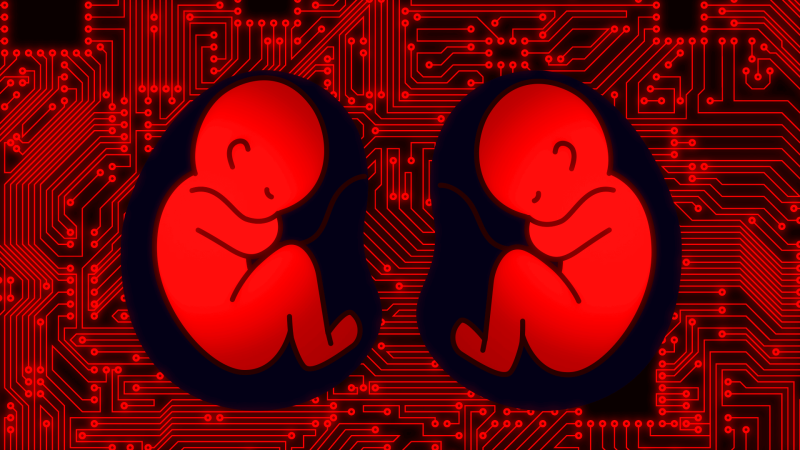More than a billion people live in China, but researchers in the country have proposed the creation of a healthcare institute to look after just three: Amy and twins Lulu and Nana. These three children are the first genetically engineered humans in history.
Known publicly only by these pseudonyms, as embryos their genomes were edited using CRISPR technology by scientist He Jiankui in an effort to prevent them contracting HIV from their fathers. After announcing the experiment to the world in 2018, He was denounced as highly unethical. He was imprisoned in China in 2019 and was released in April this year.
The children are now toddlers, and as they grow up the scientific community faces a complex dilemma: how to care for their well-being and any fallout from He’s experiment, while also respecting their private lives.
“In my opinion, the best way to provide them with special protection is to establish a center to perform surveillance, regular or irregular examination, and treat and care for them when they fall ill, which may be caused by genetic abnormalities,” says Qiu Renzong, a bioethicist at the Institute of Philosophy at the Chinese Academy of Social Sciences. Along with his colleagues, Qiu has presented a proposal for this facility to other scientists and several Chinese government ministries.































